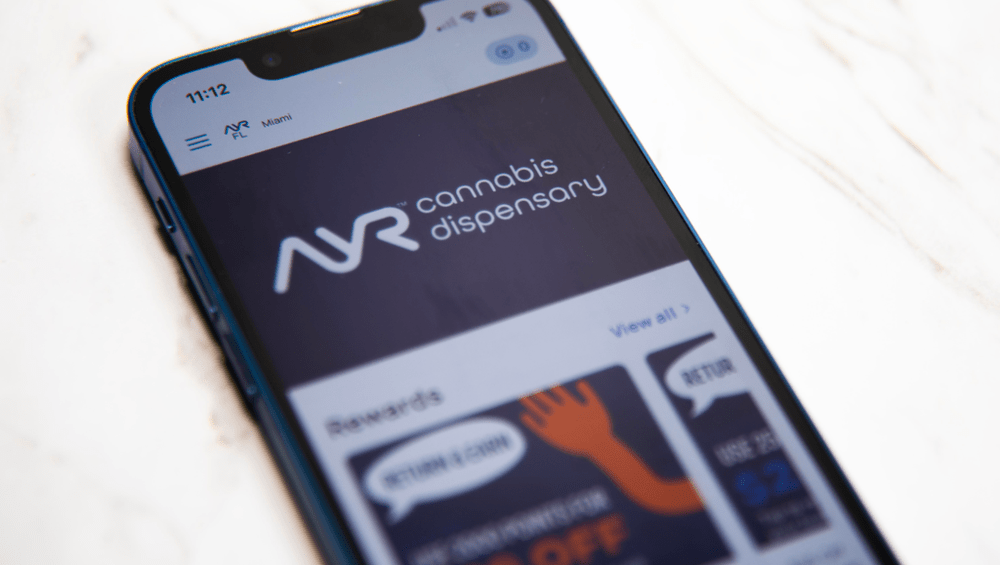Cannabis rewards and loyalty programs offer dispensaries valuable tools to build customer engagement, increase purchase frequency, and boost lifetime value. However, these programs also raise significant privacy considerations that both retailers and consumers must address.
Extensive Personal Data Collection
Loyalty programs typically require customers to scan driver’s licenses, store dates of birth, contact information, and purchase details—information often considered more sensitive in the cannabis context. Since cannabis remains federally restricted, data tied to individuals may attract heightened scrutiny and carry additional privacy risks.
Regulatory Data Retention Requirements
States like Oregon mandate that customer contact information be deleted within 48 hours unless explicitly consented to via an opt-in mechanism. Meanwhile, comprehensive privacy laws in places such as California, Colorado, and Florida require businesses to clearly disclose how personal information is used, offer opt-out mechanisms, and maintain transparent records of data valuation and usage.
Breach and Cybersecurity Risks
Cannabis companies are especially vulnerable to data breaches. In one incident, Nevada’s medical cannabis database exposed records of over 11,000 individuals—including SSNs, addresses, and license scans—demonstrating the real-world consequences of insufficient protections. According to data privacy experts, each breached record can incur costs upwards of $150, with California consumers eligible for up to $750 in statutory damages under CCPA.
Third-Party Data Sharing and Vendor Management
Loyalty platforms often integrate with CRM and POS systems, as well as third-party marketers. This increases the data footprint and expands exposure to external breaches. Experts stress the importance of vetting vendors for SOC 2 compliance, encrypting data in transit, and maintaining detailed data inventories to manage sharing appropriately.
Transparency and Consumer Consent
States with comprehensive privacy frameworks (e.g., California, Colorado, Florida) require businesses to provide clear notice at enrollment about how customer data will be used, the benefits they receive, and how they can withdraw consent. Failure to do so can result in regulatory action or legal liability.
Health-Related Data Concerns
Even recreational cannabis purchases may reveal sensitive health information and fall under state health-data-protection statutes. For instance, Washington’s “My Health My Data” law treats cannabis transaction details as potential health data and enforces stricter privacy standards.
Privacy Protection Strategies for Consumers
- Limit Personal Data Sharing
Opt into programs only when necessary. Ask dispensaries about retention policies, and consider paying with cash to avoid linking loyalty data to personal financial records. - Seek Transparency
Ensure the loyalty provider offers clear, easy-to-find privacy notices at enrollment, outlining how data will be used, shared, and protected. - Understand Consent Procedures
Only join programs where explicit consent is required—such as through an e-signature that confirms your agreement to store contact info under applicable regulations. - Monitor for Breaches
Check your burner email or phone number for unusual marketing or breach alerts. Promptly request deletion of your data if you believe your loyalty information has been misused.

